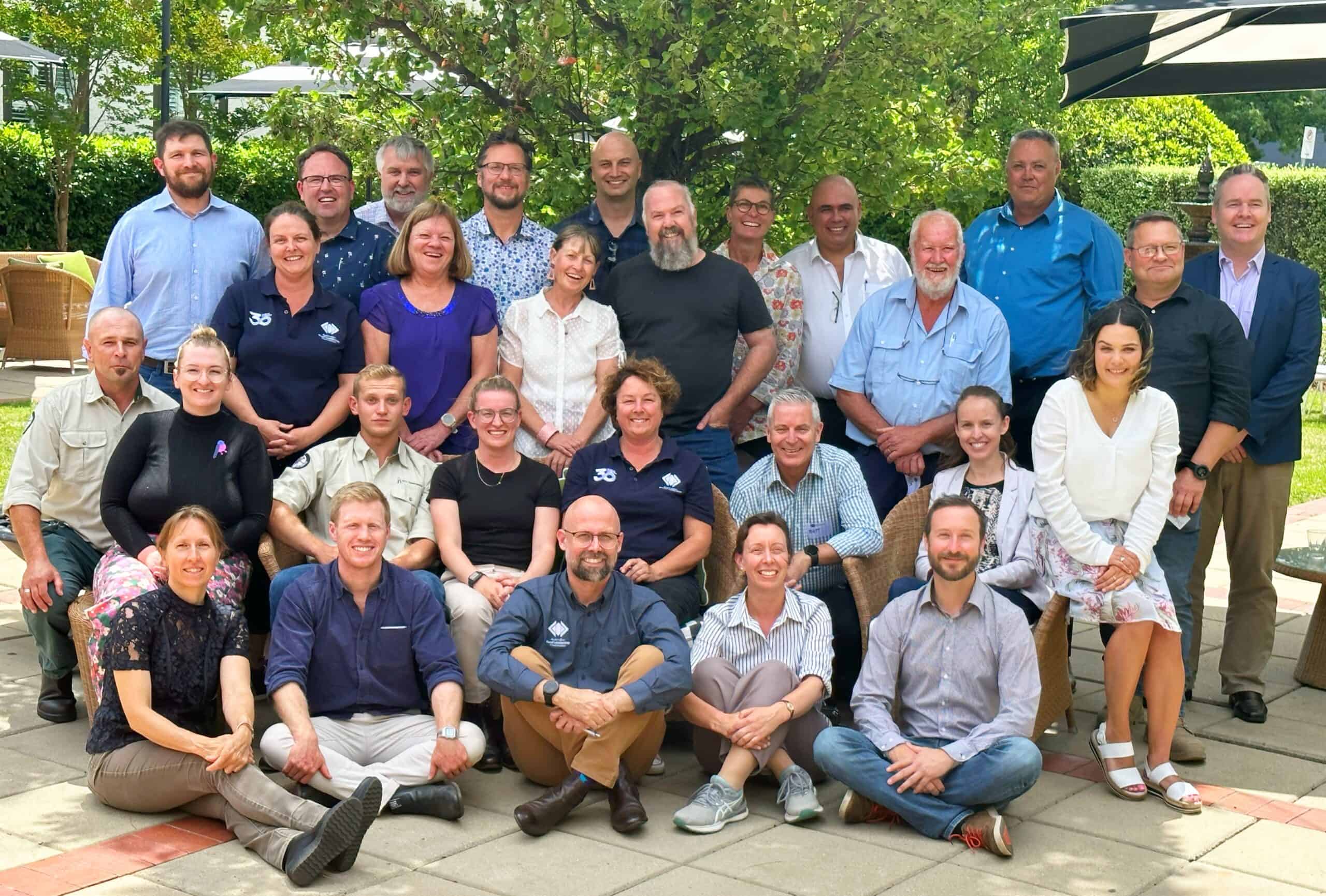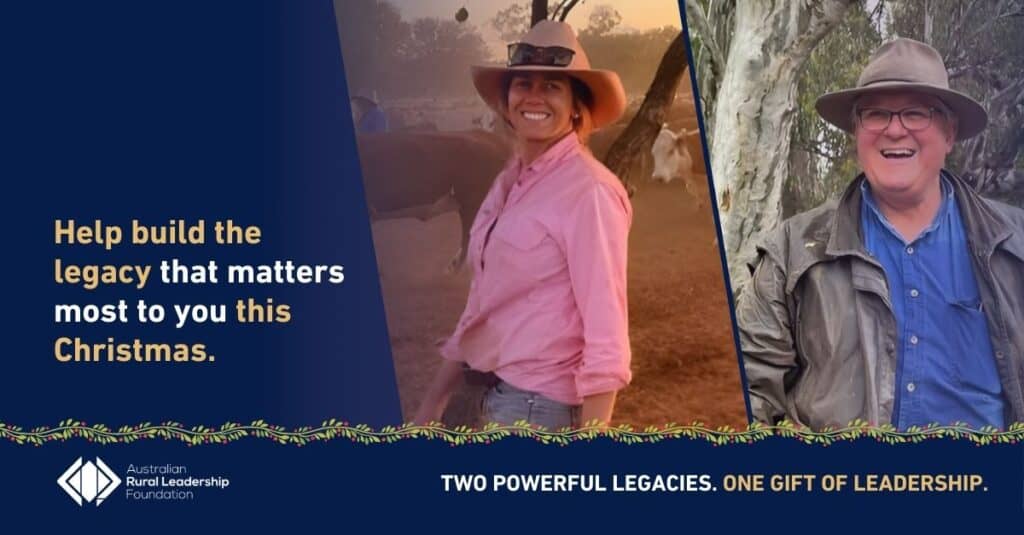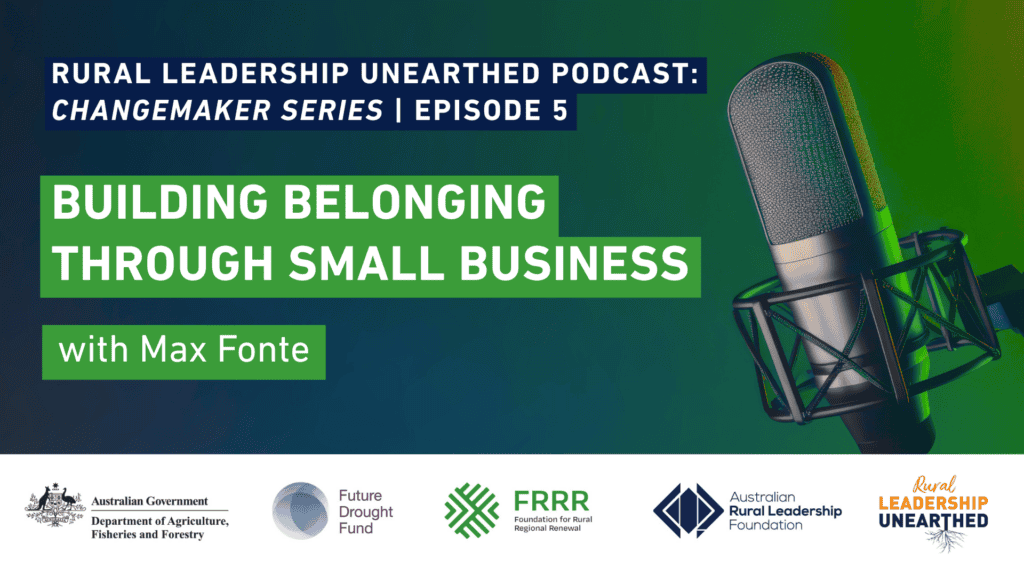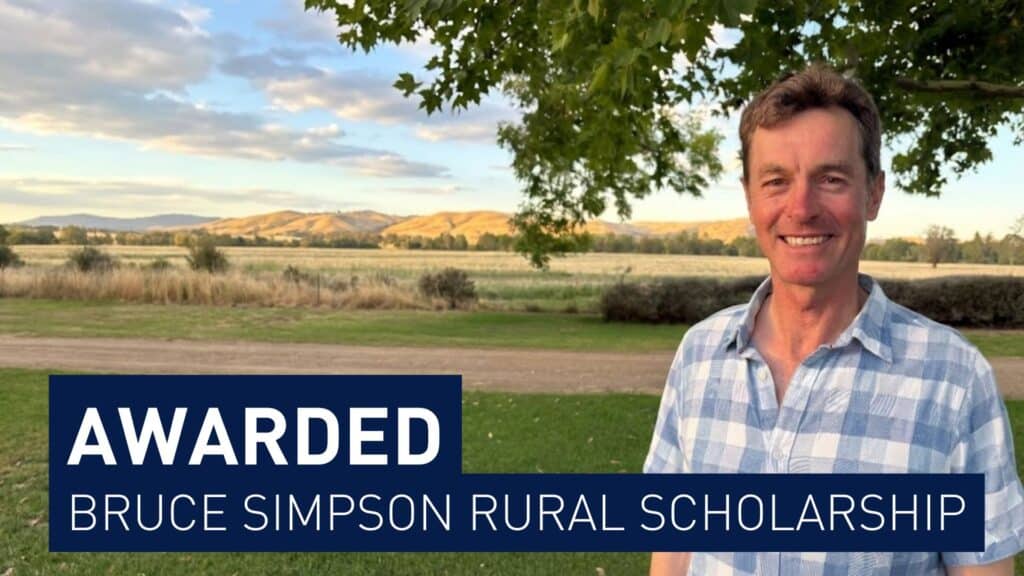As we head into summer, another bushfire season is top of mind. The devastating Black Summer bushfires now nearly four years ago yet the memory vivid for many today.
Multiple reviews outlined recommendations on what could and needs to be done better. When securing funding from the Australian Government’s Black Summer Bushfire Recovery program, the Australian Rural Leadership Foundation (ARLF) explored how leadership could contribute. Together with Tharwa-based ARLF Associates Karim Haddad and Ali Wass, the Regenerate Capital Region leadership development program was conceived, targeting emergency stakeholders, government agencies and rural land carers.
Pushed well beyond their comfort zone
This wasn’t the typical professional development training to tick a box. It was an experiential learning program that pushed the 31 participants well beyond their comfort zone. It’s here they transition to a ‘growth zone’ and where change begins.
They learned the value of adapting in the face of change, systems thinking, leading with difference and reflection. The residential approach at Cuppacumbalong in Tharwa and the surrounding Namadji region, removing participants from everyday distractions, created deep bonds of trust and connection between participants, and a greater acceptance of diverse backgrounds, personalities and views. Collaboration is the result of this connection, the graduates already actioning their learning to be better prepared for future fire seasons.
Taking action to be better prepared
These include:
- Taking emerging leaders into bushfire impacted environments and documenting the consequences of actions and decisions, and the lessons learned going forward.
- Growing the leadership network of emergency stakeholders beyond the current Regenerate cohort that would meet regularly, share advice and resources and support each other in protecting communities and the environment.
The core of what we do at the ARLF is exposing people to situations and ideas that will enable them to see a bigger picture, a different perspective and ultimately have the courage to put their ideas into action, bringing others with them.
With this program, the objective was to build a strong leadership network that crosses borders and agencies to be able to respond to future bushfire emergencies while building long-term resilience in bushfire impacted communities. But it’s more than this. When future fire emergencies occur, this network will be invaluable – they won’t be just names and positions; they’ll know and trust each other and be able to work through the challenges in front of them and our communities.





